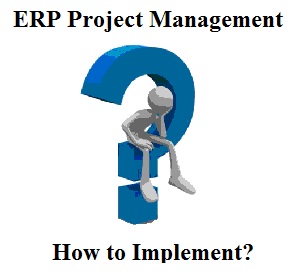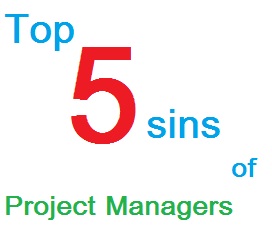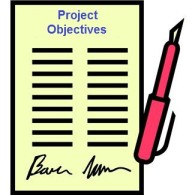How Do You Write SES ECQ?

For most SEC applicants, writing Executive Core Qualifications (ECQs) is a challenging endeavor. Well-written ECQs are supposed to provide information about your achievements, and help executive resources staff and executive review board members assess your eligibility.
Applicants also have to include their education, volunteer experience, training and awards. In this post, we are going to discuss the best way to write SES ECQs.
Contrary to what some people think, ECQs are not simply descriptions of your achievements. These are some requirements, and people who want to join the Senior Executive Service must meet these requirements.
The requirements focus on competency for a corporate culture, at the federal level. Many agencies and departments adopt these standards to ascertain performance management and leadership development.
Executive Core Qualifications
Here are the aspects that ECQs consist of:
- Leading change: It refers to innovation and creativity, flexibility, strategic thinking, resilience, external awareness, and vision.
- Leading people: Leading people is a complex endeavor which may involve leveraging diversity, demonstrating conflict management, forming teams, and developing others. Gratitude in the workplace is another valuable trait that helps leaders deal with people more effectively.
- Results-driven qualities: These qualities include demonstrating decisiveness, accountability, technical credibility, problem-solving, entrepreneurship, and customer service.
- Business Acumen: Business acumen consists of demonstrating management capabilities for human capital, technology, and finance.
- Building coalitions: They consist of demonstrating partnership, negotiating, and political savvy.
It is important to pay attention to all these aspects of your ECQ. If you think you do not have enough writing skills for the task, you are not alone. Most applicants deal with the same issue.
Given the fact that very few SES applicants can actually write their ECQs, there are SES ECQ writing services that Write ECQs for a payment. The procedure is pretty simple. Just read some reviews and then choose a writing service to get the job done.
Writing and organizing your ECQs
The application process of SES is shorter and simpler than it was a decade ago. Nevertheless, you candidates have to be super careful about how they write the ECQs. Here are some tips that you may find useful for writing strong ECQs:
Apply the CCAR method
At the beginning, write a summary that highlights your experience as an executive. The CCAR or Challenge-Context-Action-Result method can be helpful for tackling each accomplishment.
- Challenge: State the specific challenge, objective or goal.
- Context: Write about the people you work with, and the environments in which you provide solutions.
- Action: What were the specific actions that you took?
- Result: What is your accomplishment? Provide a specific explanation or example.
Develop competencies
Analyze the process through which you gained your experience. Mention organizational-based, team-based and personal accomplishments. Clearly state how you sought out mentorship and leadership opportunities. Also, mention that your leadership tactics actually work, and others accept you as a leader.
Focus on your emotional intelligence, resilience, strategic vision, and ability to manage conflicts. Keep the Qualifications Review Board in mind when you write about your competencies.
Format your ECQ
Your ECQ, just like other application materials, must be properly formatted. Remember, to some extent, the way you format your ECQ reflects your professionalism.
Even if you are getting the job done by Resume Writing Lab or any other writing service, make sure you know what a well-formatted ECQ should look like. The following guidelines will help you format your ECQ appropriately:
- Make sure each ECQ does not exceed 2 pages
- Avoid the third person point of view. Write the ECQs from a first-person point of view
- Make sure each example is concise, easy to read, and broken up into multiple paragraphs
- Avoid unnecessary details, keep your sentences short and sweet
- Make sure your ECQ is easily scannable. Use white space
- Brevity is the key. Unless you cite something multiple times, avoid using acronyms
- When you need to indicate critical details, use italics and bold
- The most widely accepted typeface is Times New Roman, 12-point font. However, you can use Helvetica, which is a classic typeface.
- Don’t use attachments of certificates and awards.
- Leave out unnecessary affiliations and characteristics
- Do not mention your philosophy, commitments, or personal beliefs in your ECQ. Reserve these aspects of your life for personal conversations. If your commitments, especially to political causes, are relevant to a specific ECQ, go ahead and mention those commitments, but in brief.
- Do not identify your race, sex, national origin, marital status, religion, sexual orientation or age. These factors don’t hold relevance in part because they are non-merit factors.
Final thoughts
As you write your Executive Core Qualifications, you will look at your experience and leadership skills from a fresh perspective. You must have a sense of authority because applicants are supposed to have what it takes to be leaders. Above all, you must have a good style of writing. It all comes down to demonstrating your capabilities on paper.











